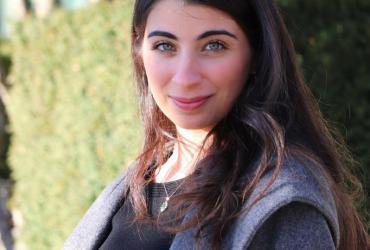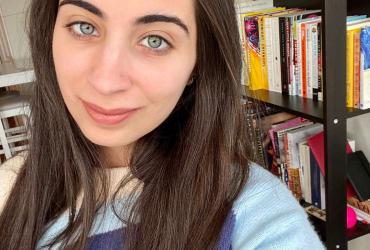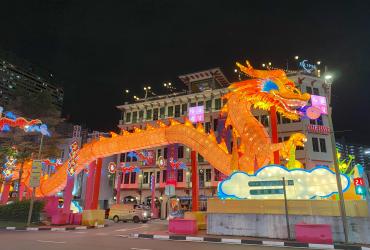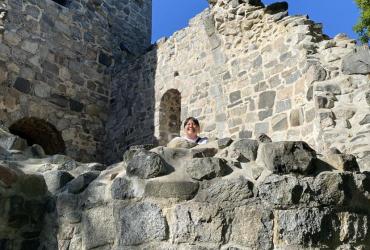The climate is changing, global health is threatened, injustices are prevalent, and you want to do something about it. Well, how much impact can you actually have as a co-op student? Here’s what Brennan found out during his work term at the BC Council for International Cooperation.
Program:
University
Experience Faculty
Time goes by so quickly while you’re on exchange – seize the moment to step outside your comfort zone at every turn because you will always grow from those experiences. Approach your exchange term with an open mind and you will not regret it!















